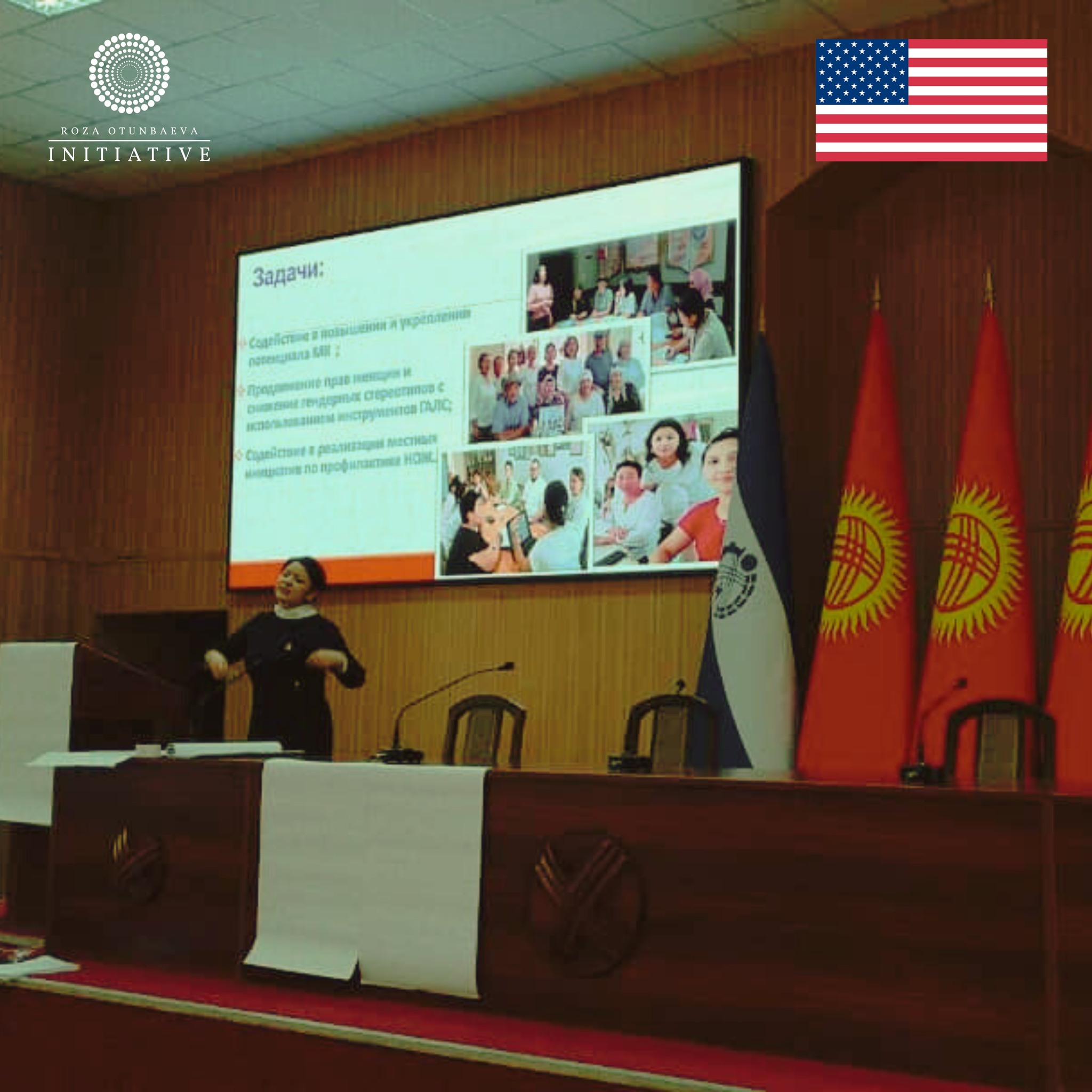The Role of Local Committees in Preventing Domestic Violence
January 18, 2024, 22:15
On January 11, the Committee on the Prevention of Domestic Gender-Based Violence conducted its second training session for members. The session covered discussions on the functions and powers of entities responsible for protection and defense against family violence, along with the guiding principles of the Committees for the Prevention of Domestic Violence (CPDV).
During the latter part of the training, participants engaged in practical group work to plan the activities of the CPDVs. This included developing a detailed schedule tailored to each subject, outlining specific tasks for social workers, juvenile affairs inspectors, district inspectors, school directors, and others.
The trainer addressed participants' questions, emphasizing the importance of protection orders and the timely recording of every application from victims of domestic violence to law enforcement agencies. Failure to understand the significance of a protection order, as well as neglecting victims' appeals by Ministry of Internal Affairs officers, can result in severe consequences.
It is crucial to note that a lack of understanding regarding the importance of CPDV's work and the role of each activist and member in preventing domestic violence often leads to tragic cases. This highlights the necessity of including active citizens in local committees who genuinely care about the cause.
The work with the CPDV of Tokmok city is set to continue on January 26, 2024.
The Roza Otunbaeva Initiative International Public Foundation is actively implementing the project Reducing Family Violence through Gender Sensitization of CPDV Members and Activists in Tokmok. The project is generously supported by the U.S. Embassy in the Kyrgyz Republic, and the foundation expresses its gratitude to the U.S. Embassy and the Department of State for their financial support. It is important to clarify that the opinions, findings, and recommendations expressed herein solely represent the views of the authors and do not necessarily reflect the views of the U.S. Department of State.